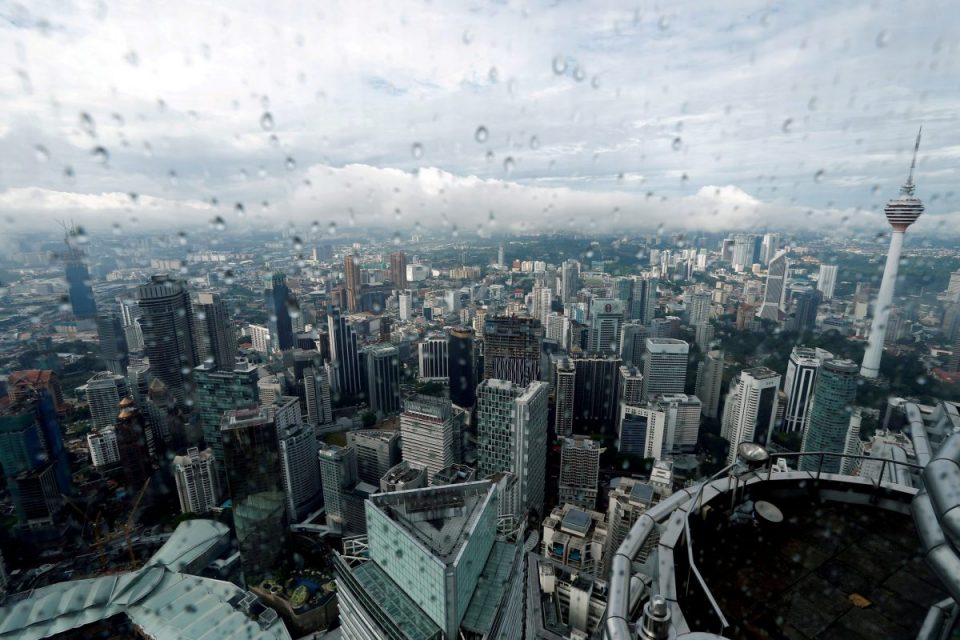KUALA LUMPUR, June 25 — Malaysia has proposed the international development architecture be further strengthened to achieve the 2030 Agenda for Sustainable Development (2030 Agenda) which began in 2015.
Prime Minister Datuk Seri Ismail Sabri Yaakob in Malaysia’s statement at the High-Level Dialogue On Global Development, said there are many developing countries which have programmes and agencies with wide experience in development.
“As an example, China has the China International Development Cooperation Agency (CIDCA) while the Malaysian Technical Cooperation Programme (MTCP) was established more than four decades ago to benefit more than 34,000 participants from 140 countries.
“The programmes and agencies need to foster cooperation to assist other developing countries based on the concept of trilateral cooperation,” he said in the dialogue which was held virtually here last night.
China’s President Xi Jinping who chaired the dialogue which was also attended by four other member countries of BRICS namely President of Russia Vladimir Putin; Prime Minister of India Narendra Modi; President of South Africa Cyril Ramaphosa and the Vice President of Brazil Hamilton Mourao.
Also participating were the President of Algeria Abdelmajib Tebbaoune; President of Argentina Alberto Fernandez; President of Egypt Abdel Fattah El-Sisi; President of Indonesia Joko Widodo; President of Iran Ebrahim Raisi; President of Kazakhstan Kassym-Jomart Tokayev; President of Senegal Macky Sall and President of Uzbekistan Shavkat Mirziyoyev; Prime Minister of Cambodia Hun Sen; Prime Minister of Ethiopia Abiy Ahmed Ali, Prime Minister of Fiji Josaia Voreqe Bainimarama and the Prime Minister of Thailand Prayut Chan-o-Cha.
Apart from that, the Prime Minister proposed the international community strengthen the multilateral system including funds channelled to the World Health Organisation (WHO), the Food and Agriculture Organisation (FAO) and the United Nations Development Program (UNDP) to achieve sustainable development objectives.
He said the focus of these bodies must be given according to the needs of developing countries and not the agenda of the contributing countries.
Through the third proposal in the dialogue, Ismail Sabri suggested that developed countries fulfil their commitment to address the environmental crisis and climate change.
“Efforts need to be intensified in meeting interrelated challenges through innovative improvements and financing, technology sharing and capacity building that support the transition towards a greener global economy,” he said.
He cited the example of the member countries of the Organisation for Economic Co-operation and Development which are among the richest countries in the world, allocate only 0.33 per cent of their Gross Domestic Product as Official Development Assistance (ODA) based on a report on April 12 last year.
According to the Prime Minister, developed countries have not yet reached the US$100 billion a year commitment for climate financing, so Malaysia urged these commitments which have been agreed upon earlier to be achieved immediately as the world is far different from when the 2030 Agenda was approved seven years ago.
In the three-hour dialogue which began at 7.45 pm, the Prime Minister also stressed that Malaysia remained committed to driving progress in the Sustainable Development Goals (SDGs) as found in the 12th Malaysia Plan (12MP).
To further prove Malaysia’s commitment, Ismail Sabri said Phase Two of the National Sustainable Development Roadmap (2021-2025) is being drafted to identify relevant priority areas besides implementing the SDGs at the local level implemented through the All-Party Parliamentary Group Malaysia.
“This is an innovative model that brings together MPs and local stakeholders to work together to find solutions to challenges at the grassroots level,” he said.
Ismail Sabri said Malaysia intends to promote more investments based on sustainable development by increasing access to green financing and the creation of 12 new markets.
“However, Malaysia cannot do this effort alone. The countries involved in this summit have their own advantages. Therefore, it is very important for us to work together in achieving the 2030 Agenda,” he said.
According to him, as a Global Development Initiative (GDI) Partner, Malaysia expressed its continued support for efforts to drive global development toward a more prosperous, inclusive and sustainable world.
— Bernama





